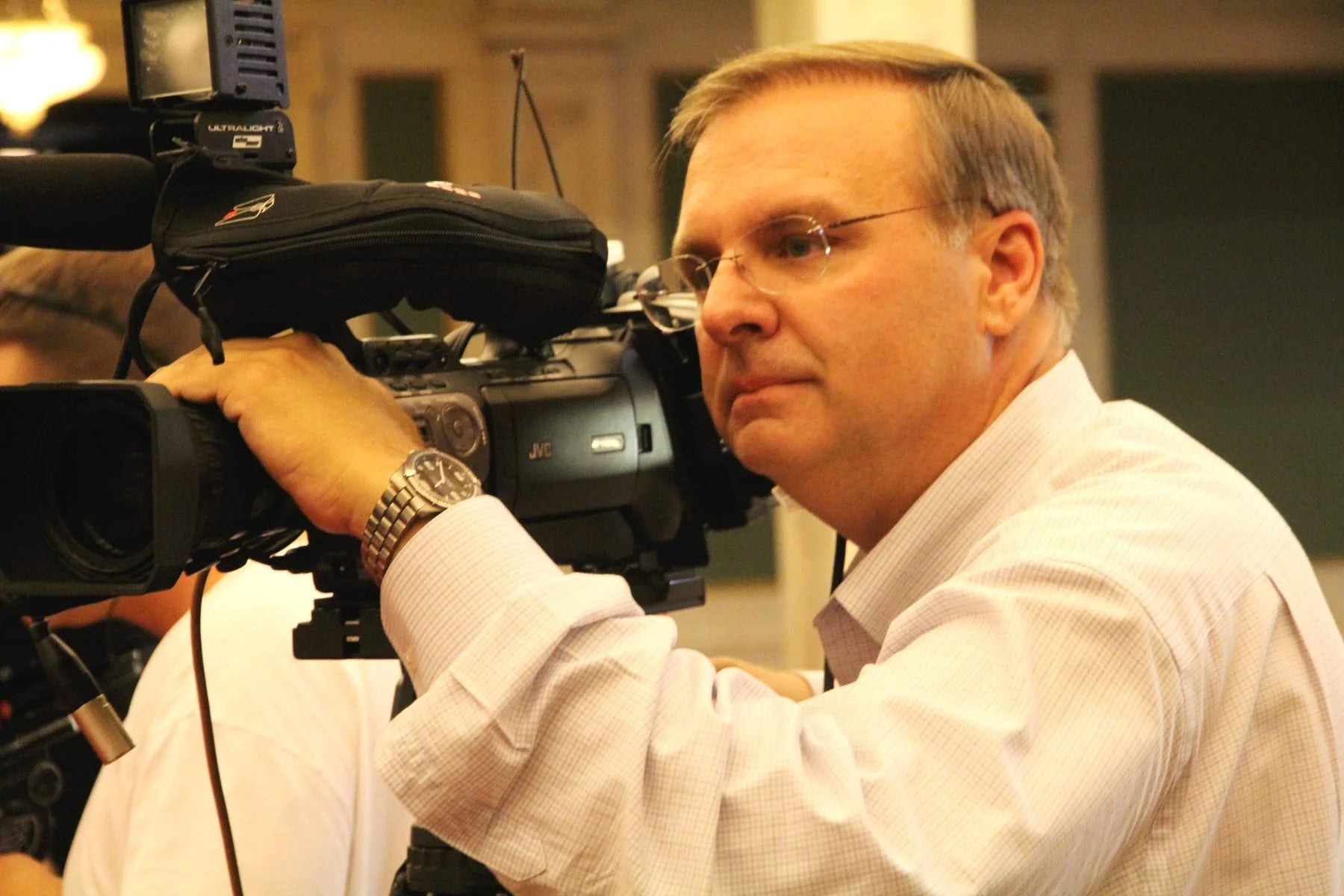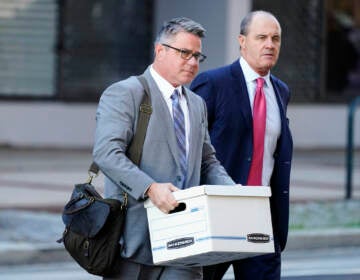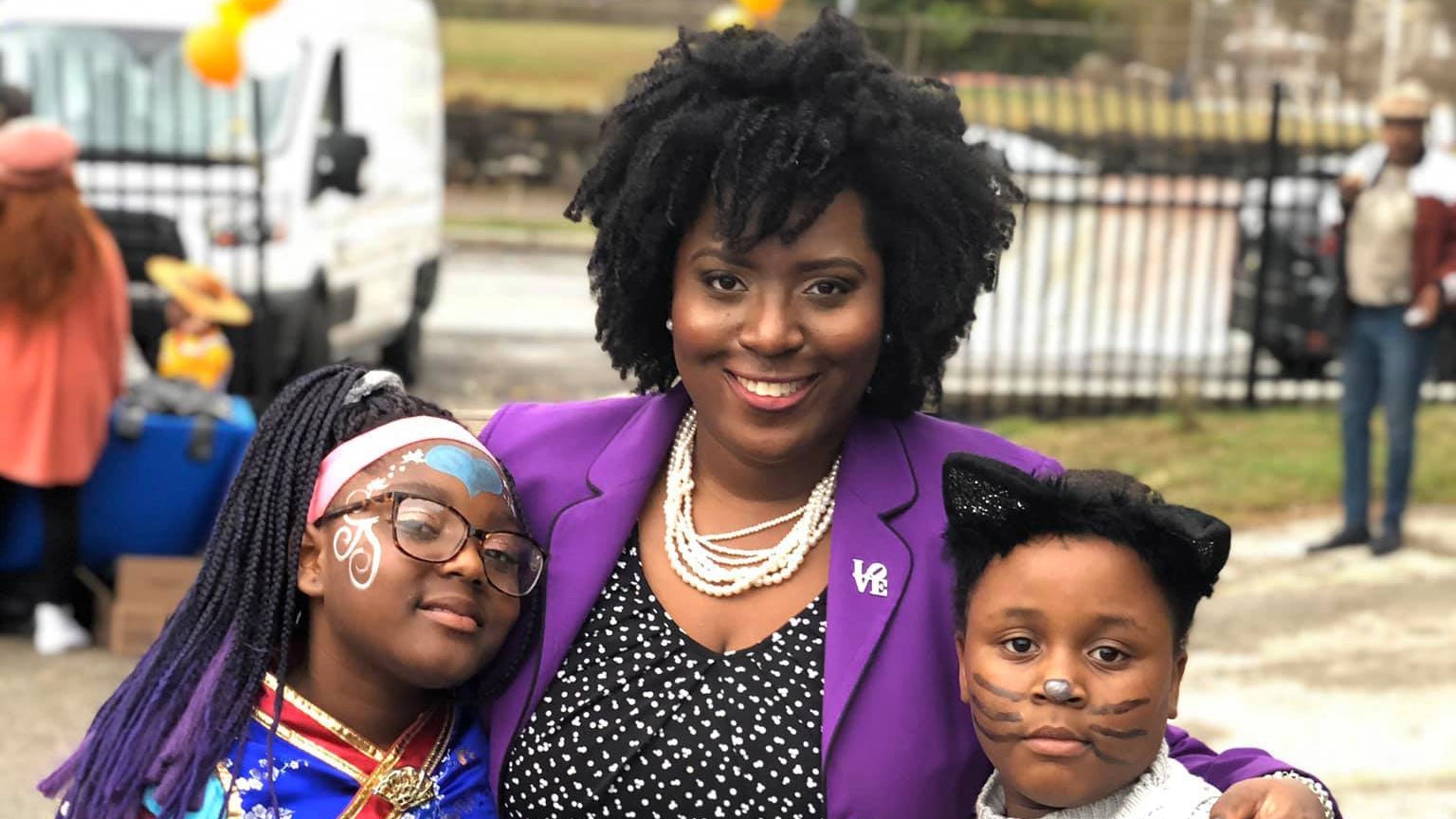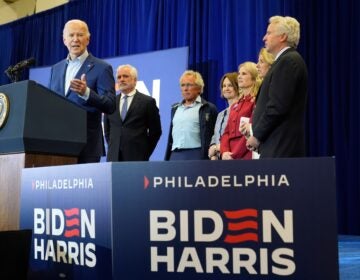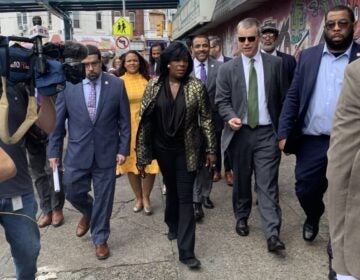Mayor Kenney’s final budget plan designed to make the city more equitable for all its residents
Mayor Kenney’s budget proposal doesn’t increase taxes and calls for a wage tax cut.
Listen 1:13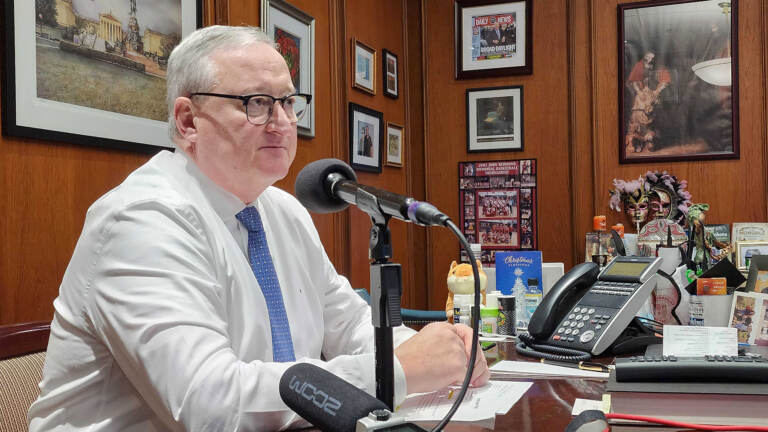
File photo: Mayor Jim Kenney in his office at City Hall. (Tom MacDonald/WHYY)
It’s the final chance for Mayor Jim Kenney to influence city spending.
The $6.1 billion budget he’ll present to members of City Council is designed to make the city more equitable for all its residents, members of his administration say.
Philadelphia Budget Director Marisa Waxman said the city spoke to people from all racial and ethnic groups before making final decisions on the city’s spending blueprint.
“What we heard from all of this community engagement was that the top issues, areas, and places folks want us to focus on included education, housing, and homelessness,” she said. She added that others were concerned about the “quality and accessible city services and infrastructure, public safety, racial equity, and poverty.”
The spending will include $12 million in additional money for the public schools and a continuation of funding to make sure the internet can be available for all, bridging the digital divide, Waxman said.
“That’s a program that was created using grant dollars early in the pandemic to provide internet access to cater to K-to-12 families,” she said. “Those grant dollars are going away, but we think this program is incredibly important and so we continue to fund it with general fund dollars throughout the five year plan.”
The plan also adds additional money for the police department, the district attorney’s office and the public defender. There’s more funding for anti-violence programs in the spending plan as well. There will also be a reduction in the resident wage tax and money to offer those at or near the poverty level free rides on SEPTA.
Finance director Rob Dubow says the city is starting to rebound fiscally from the pandemic, but federal funding is necessary to keep the city in a position to spend additional money on services.
“Tentatively stable, but that is in large part because of the infusion of federal money. And so that’s why we’re in a place where we will be holding up reserves now, so that when the recession hits and the money goes away, we have enough to steel ourselves for those two events.”
Kenney’s proposal would increase spending on anti-violence programs $208 million to $233 million dollars in an effort to reduce violence in the city.
Dubow said they expect revenues will be just below expenditures.
“Our revenues are projected to come in a little bit below $6 billion and our expenditure is a little bit above $6 billion,” he said. “We are able to have more expenditures than revenues for the year because we’ll be drawing down on our [federal] fund balance. We’re projecting that we’ll end the year with a fund balance of about $520 million.”
The budget plan includes additional funding for the city’s public schools, plus more money to keep libraries open six days a week and for the continuation of the mayor’s Pre-K mandate.
The budget also adds a million dollars over the next five years to recruit more police officers of color as part of an effort to make the force more reflective of the people they protect and serve.
The budget now goes to City Council for review and adjustment before it’s approved by June.
WHYY is your source for fact-based, in-depth journalism and information. As a nonprofit organization, we rely on financial support from readers like you. Please give today.


